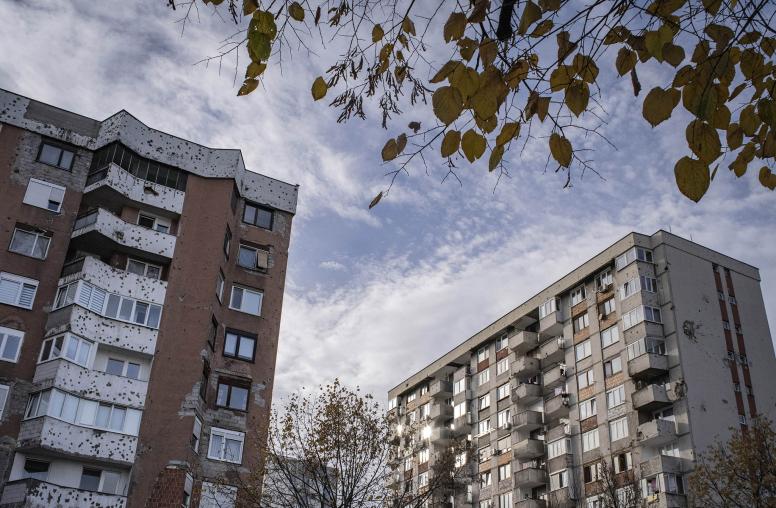Islamic Peacemaking Since 9/11
Muslims in general and Muslim leaders particularly have often been severely criticized for not more energetically condemning the violent acts of Muslim extremists. The uninformed often assume that extremists represent Islam’s mainstream.
Summary
- Muslims in general and Muslim leaders particularly have often been severely criticized for not more energetically condemning the violent acts of Muslim extremists.
- Violent extremists are on one edge of the Muslim community. They are counter-balanced by a growing movement of Muslim peacemakers.
- Equally as notable as Islamic militancy but less noted are Muslims’ 1) widespread condemnation of terrorism and other violent acts; 2) promotion of interfaith dialogue; 3) education of Muslim youth and reeducation of extremist Muslims; and 4) promotion of peaceful conflict resolution.
About the Report
The Religion and Peacemaking program conducts research, identifies best practices, and develops new peacebuilding tools for religious leaders and organizations. It also helps define and shape the field of religious peacebuilding.
USIP’s Religion and Peacemaking program has produced a series of Special Reports on Islam, including “Applying Islamic Principles in the Twenty-first Century,” “Ijtihad,” “Islam and Democracy,” “Islamic Perspectives on Peace and Violence,” and “The Diversity of Muslims in the United States.” This report is the most recent addition to that series. It is coauthored by David Smock, associate vice president for the Religion and Peacemaking program, and Qamar-ul Huda, senior program officer in that program. The research assistant for this project was Basma Yousef.



